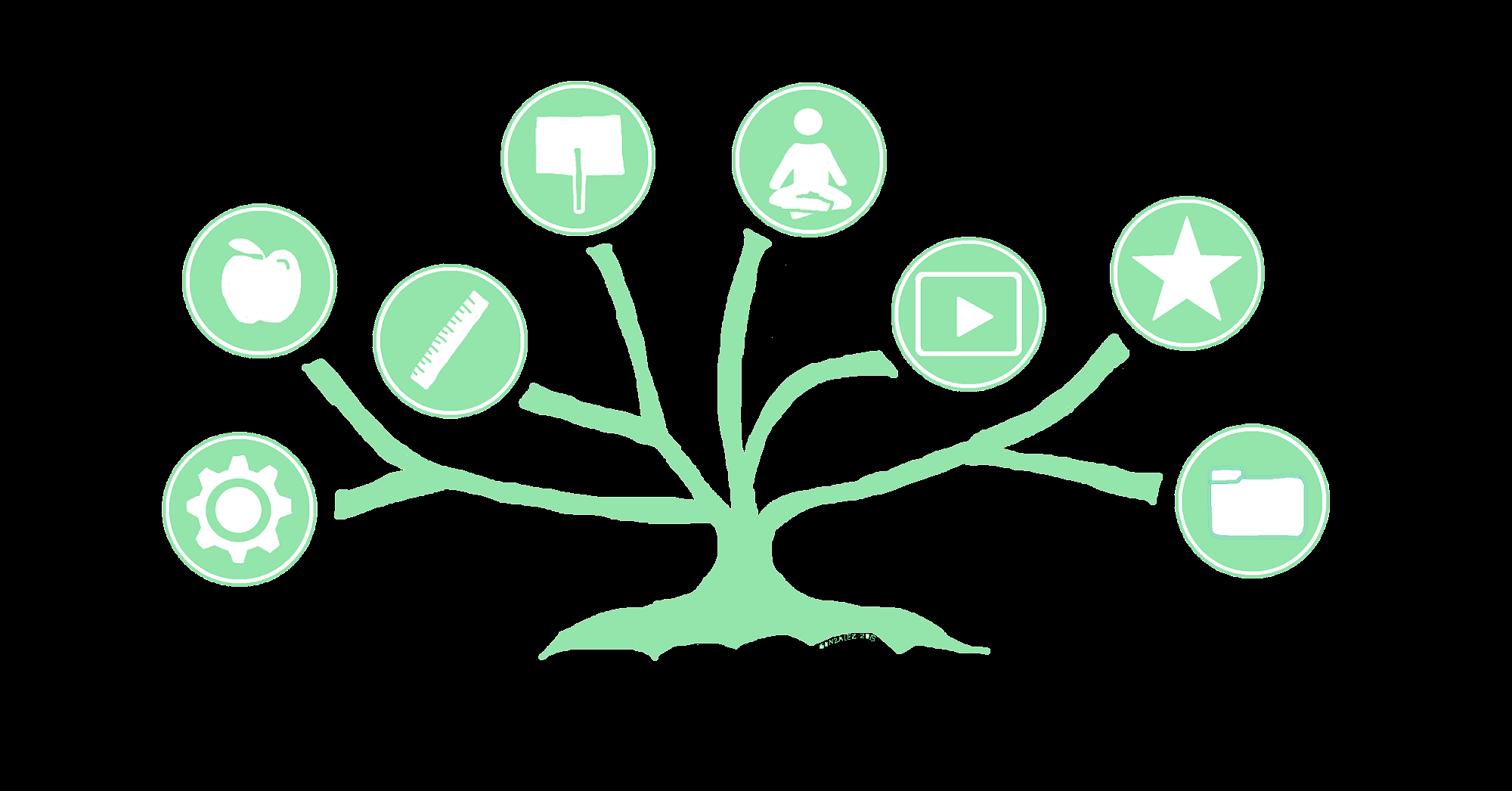Faculty Awarded VITAL Minigrants to Improve Engineering Courses and Learning

The Villanova Institute for Teaching and Learning (
Civil and Environmental Engineering
Dr. Virginia Smith, Assistant Professor, and Dr. Kevin Waters, Assistant Teaching Professor: To support the creation of a Project-based GIS Course for Civil Engineers, which will offer students exposure to a commonly used industry tool while leveraging technology to emphasize connections between civil engineering disciplines. This will also present Drs. Waters and Smith with an opportunity for deeper understanding of teaching computational tools in ways that help students connect the classroom to the real world.
Dr. Shweta Shrestha, Assistant Teaching Professor: To develop a new sophomore course in civil engineering titled CEE 2701 – CE Project Development, which will be offered in fall 2020. The new course will address topics in project development (how they are started, steps taken, project management, scheduling, cost estimating, etc.) that are often overlooked in technical courses and may present challenges when students begin their professional careers.
Dr. Wenqing Xu, Associate Professor: To incorporate visualization software in a required undergraduate course in Water & Wastewater Treatment.
Mechanical Engineering
"Dr. David Cereceda, Assistant Professor: To support embedding the Socratic method—asking students questions and using their feedback to gauge their understanding—within the Top Hat technological platform to create student-driven journeys through different paths of the same learning environment. Learning activities (videos, problem sets,...) will be created as a preliminary step in the creation of a Socratic gradebook that identifies individual learning needs and suggests student-comprehension tailored learning activities."
Dr. Bo Li, Assistant Professor: To support inclusive active learning for graduate students in a new course in Polymer Engineering, whether they take class online or on campus. The goal is to improve focus and enhance understanding and problem-solving methodologies using Top Hat, an interactive learning tool.
Dr. Aaron Wemhoff, Associate Professor: To support restructuring EGR 9200, Teaching Engineering in Higher Education, which is offered to PhD students pursuing an academic career track.
